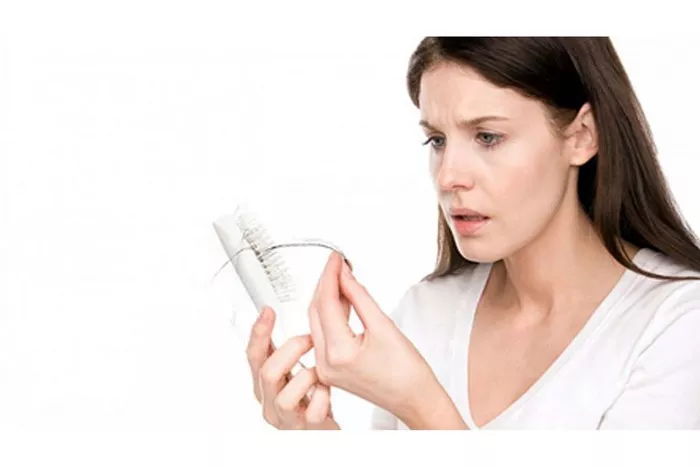Hair loss can be a distressing symptom, and in some cases, it may be linked to autoimmune diseases. Autoimmune diseases occur when the body’s immune system mistakenly attacks healthy cells and tissues. While hair loss can have various causes, understanding the connection between autoimmune diseases and hair loss is essential. In this article, we will explore the autoimmune diseases that can lead to hair loss, discuss management strategies, and provide tips for nurturing drifting hair to achieve softness and silkiness. Let’s delve into the fascinating world of autoimmune diseases and their impact on hair health.
The Connection Between Autoimmune Diseases and Hair Loss
Hair loss associated with autoimmune diseases occurs when the immune system mistakenly targets hair follicles as foreign invaders. This immune response disrupts the normal hair growth cycle, leading to hair shedding and thinning. The exact mechanisms behind this connection are complex and can vary depending on the specific autoimmune disease.
Common Autoimmune Diseases Associated with Hair Loss
Alopecia Areata:
Alopecia areata is an autoimmune condition characterized by patchy hair loss on the scalp, eyebrows, or other areas of the body. It occurs when the immune system attacks the hair follicles, causing them to enter a resting phase and resulting in hair loss.
Lupus:
Systemic lupus erythematosus (SLE) is an autoimmune disease that can affect various organs, including the skin. Hair loss is a common symptom in individuals with lupus, and it can occur in patches or more diffuse patterns.
Hashimoto’s Thyroiditis:
Hashimoto’s thyroiditis is an autoimmune disorder that affects the thyroid gland. It can lead to an underactive thyroid (hypothyroidism), which, if left untreated, can cause hair loss or thinning.
Managing Hair Loss Due to Autoimmune Diseases
Medical Consultation:
If you suspect hair loss associated with an autoimmune disease, it is crucial to consult with a medical professional, such as a dermatologist or rheumatologist. They can diagnose the underlying autoimmune condition and develop an appropriate treatment plan.
Medications and Treatments:
Treatment options for autoimmune-related hair loss may include corticosteroids, immunosuppressive medications, or topical treatments. These aim to reduce the autoimmune response and promote hair regrowth.
Supportive Measures:
In addition to medical treatments, supportive measures such as wearing wigs, scarves, or hairpieces can help individuals manage the visible effects of hair loss. Emotional support and counseling can also be beneficial in coping with the psychological impact of hair loss.
Nurturing Drifting Hair for Softness and Silkiness
Gentle Hair Care:
Practice gentle hair care routines, including using mild shampoos, avoiding excessive heat styling, and minimizing chemical treatments. Treat the hair with care to prevent further damage and promote its natural softness.
Hydration and Moisture:
Keep the hair well-hydrated by using moisturizing conditioners, hair masks, and natural oils. Hydration helps improve hair texture, making it softer and more manageable.
Nutritious Diet:
Maintain a balanced diet rich in essential nutrients, such as vitamins, minerals, and proteins, to support overall hair health. Foods like fruits, vegetables, lean proteins, and omega-3 fatty acids can contribute to soft and silky hair.
Stress Management:
Stress can exacerbate autoimmune conditions and contribute to hair loss. Practice stress management techniques such as meditation, exercise, or engaging in hobbies to promote overall well-being and hair health.
Conclusion:
Understanding the connection between autoimmune diseases and hair loss is essential for individuals experiencing this symptom. By recognizing the common autoimmune diseases associated with hair loss, seeking appropriate medical consultation, and implementing nurturing practices, it is possible to manage hair loss and promote soft and silky drifting hair. Remember to consult with healthcare professionals for accurate diagnosis and tailored treatment plans. Embrace these strategies, and let your hair reflect your inner strength and beauty.


